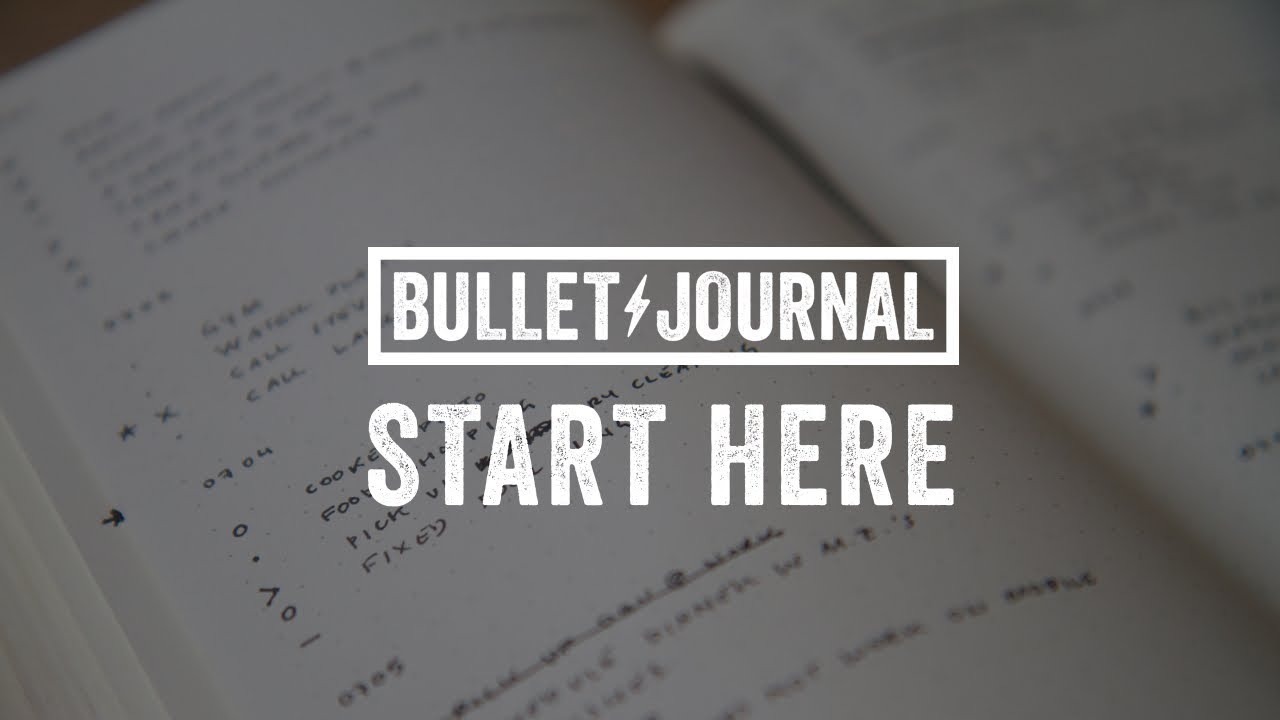The quickest way I actually did see someone get fired at my place was by posting racist shit on Facebook - on an account that was followed by many of his colleagues, including his manager. He was summarily dismissed at the start of his next shift.
Another one stole customers' credit card numbers, but that one ended up with a criminal record.
I think I'll remain agnostic on that one. Ask me again in 50 years and I'll probably know the answer by then. Unless I happen to somehow reach the age of 106 without dying, in which case I'll take a raincheck.
The Peak District is right on my doorstep (I'm near Manchester). Monsal Dale, near Little Longstone, is lovely. It was a regular place ofr my family to visit when I was a kid, and I still go up there sometimes. The walk along the river from there to Millers Dale is lovely. And there's a pub at Monsal dale viaduct (or at least, there was, not sure if it's still open).
More locally, I like the area around Uppermill, Diggle and Delph (north-east of Oldham). There's a great little riverside cafe caled the Lime Kiln, just north of Uppermill. It gets busy at weekends though.
A couple of weeks ago I went up to the Northumbria coast for a holiday. Warkworth, Alnwick, Bamburgh, Holy Island.... it's all beautiful around there.
It seems that this happens when you subscribe to a community on a different instance from your own. You can still read, post and interact exactly as if you were fully subscribed, you're just not counted in the number of subscribers. I've been told that you can force the system to subscribe you properly by repeatedly unsubbing and re-subbing, but I've had no luck with doing that so I just leave them alone now.
I think lemmings is the best one. Lemmings are cute.

It's almost the end of June and that means it's time for your mid-year review/reset. Regular reviews are important in planning, because it helps you keep track of what's still important and how you're getting on in approaching your goals.
There are a few steps to consider.
-
Flip through your past pages looking for tasks that are not yet done. For each task, ask yourself three questions. Is it vital? Does it matter? Are there any negative consequences of not doing it? If the answer to any of these three questions is "yes". migrate the task forward into July. If all three answers are "no", then this task probably isn;t important enough to bother with any more, so bin it.
-
Take a look at your goals. Are you making progress towards them? If not, why not? What needs to change so that you can? Do you have too many goals? You can also apply the same three questions to your goals too, and maybe shelve the ones that don't matter. On the other hand if you've made good progress and have cleared your goals with ease, you can consider some new ones to add in.
-
If you're tracking habits, take a look at those and see where your successes and failures are. If you find you're blasting through with ease, drinking 8 cups of water or doing your 30 minute daily workout without even needing to think about it, you can probably stop tracking those habits. You got them. For ones you're never achieving, consider again whether they really matter, and if they don't, consider dropping them.
-
If you have an end-of-year review from December 2022, take a look at it now and see if there are any insights there into what was important for you at that time, and whether anything has changed 6 months later.
-
If you're working in a bullet journal or customised planner, consider your spreads too. Are the ones you have working for you? Do you want to make any changes for July? Uncompleted spreads are a sign that they're not working for you so try to figure out what you dislike about the spread and why it's not useful, then decide whether to either dump the spread altogether, or re-design it. Also consider if something was missing, and whether you want to add anything new.
-
Finally (and this one applies equally to long-form journalling as well as planning and bullet-journalling) think about the past six months and how it's gone overall for you. What were your great successes so far this year? What have you learned? What memories do you particularly cherish? What didn't go so well and how could you have handled it better? If you're working in a planner or BuJo you can answer these questions in a mid-year review spread. If you're journalling long-form, you can write a page or two to answer them. Either way, don't forget to put the page number into your index, because you'll want to refer to it at your end-of-year review too.
yes, because no ads basically means my antivirus software has nothing to do. Creators have no choice over what ads are served up with the content and 99% of ads are loaded with malware whether you click on them or not.
Creators need to come up with better ways to monetise their content instead of relying on them.

YouTube Video
Click to view this content.
A comment from u/foxtrots reminded me of Everbook, which is a simple system of journalling on loose-leaf pages. I haven't tried it myself but I might, when I've filled my current bullet journal).
I think you all know what's frustrating me 😆
And, just a reminder, it's not expected to respond in comments to these prompts; you're supposed to write your answers in your own journal 😊
I have created a community, and made several posts. On one post, I see a comment, and have replied to it. That's the only comment I can see. However, now a friend of mine has joined my community and he can see lots of comments on many posts (he's sent me screenshots to prove it). I can't see any of the comments he can see.
He is on a different instance, (lemmy.world) but that doesn't seem to be the issue, because the one comment I can see is also from a user on lemmy.world, and the comments my friend can see are from both instances. There are even comments from users on sh.itjust.works that I can't see either.
What's going on? Why can't I see comments on my own community and how do I fix it?
If I can't resolve it, I will just have to close the community because it's pointless if I can't see or respond to anything that anyone else says.
And it's just occurred to me that I may not even see replies to this, if there are any. .. so I may never know the answer...
Apparently, people are leaving comments to my posts but I can't see any of them, save for one that I replied to a couple of days ago. To everyone else, I can only apologise, if you are waiting for a reply I am unfortunately not able to give them.
If anyone knows how I may resolve this, please advise by creating a new post (if you reply to this one, I may never see it).
I had never heard of a commonplace book until I started to follow the journaling community on Youtube. When I discovered it, I realised that it's something I'd already been keeping for years.
A commonplace book is essentially a repository of information that you find, and want to keep or remember. Quotes, maxims, proverbs, shower-thoughts, notes on books you've read, even recipies, reference tables, letters, poems... it's like a scrapbook of words. Or a personal encyclopedia. I've heard it described as the writer's equivalent of an artist's sketchbook, and as I'm both an artist and a writer, I think this analogy is perfect.
It's not just for writers though. It's for anyone. Readers, researchers, students, anyone who has an interest in just about any topic. You're a keen cook? Keep a commonplace book of recipes you find. A gardener? Keep one for information about plants you're growing or interested in growing. Avid consumer of Netflix? Keep track of series you're watching and what you learn from them.
Commonplace books have a long history, going back to Roman philosophers such as Marcus Aurelius (Meditations), and they rose in popularity during the Rennaissance. With the advent of the printing press, many were published.
A commonplace book is a type of journal but it's not a diary (which is the most usual way a journal is structured). It differs from a diary in that its content is not chronological, but rather, categorised by topic. Thus, the most critical part of your commonplace book is the Index. I keep mine in loose-leaf binders which makes searching and categorising even easier.
For those looking for a digital solution, the rise of information management apps such as Notion, Obsidian and Logseq are absolutely perfect for this purpose. Commonplacing is exactly what these apps are created for, even if the creators of them weren't aware of it.

YouTube Video
Click to view this content.
Bullet journaling is a complex topic and I can't explain it any better than the man who invented it, Ryder Carroll. In this video, he shows what it's all about and how to get started.
Anyone may post a prompt to inspire others on something to write. I'm aiming for there to be at least one prompt every day but feel free to add more.
Please add [Prompt] at the start of the title so people can find them more easily. Short questions can be in the title. Longer ones, or prompts with more than one question, can be in the body section.
Post your prompt as a new thread, not as a comment on someone else's prompt. It will be more visible that way.
There is no expectaton for anyone to post their response as a comment; many of these prompts will be deeply personal and you may not want to share what you write. They are springboards for writing in your own journal. So, if you post a prompt and it gets no comments; that's okay. Someone probably enjoyed it anyway.
But, if you really want to, and you're comfortable doing so, you can share your response, or an excerpt from it.
It's often said that paper journaling forces you to slow down and be more mindful, but on the other hand it's less portable; it can't fit in your jeans pocket like your phone can.
Digital options are easier to take with you, and in many cases it's easier to find information that you've put in there, but do they get overlooked amidst all the "noise" we're exposed to every day?
What's your preference, and why? Do you stick exclusively with one or the other? Or do you mix them up? If you combine them, how do you do that? Do you duplicate posts on paper and digitally? Or do you use them for different purposes?
I'm currently on paper only, but some of the digital options intrigue me. I used to use Evernote but I dropped it when many of the features I wanted and used went behind a paywall. lately I've been looking at both Logseq and Obsidian but the learning curve is steep and I'm not ready to launch into them as part of my regular journaling practise yet. I suspect it'll be my Commonplace book that goes in there first.
I've been journaling and diary-keeping for many years, but I really got seriously into it in around 1998 or so. I've used both paper and digital journaling (I was on Livejournal for around 10 years, until it jumped the shark) but now I mostly use paper.
I have three journals on the go at the moment. My most important one is a bullet journal, though I have diverged from the "official" format and work mostly in weekly spreads. I find that it helps my ADHD brain keep track of the structure of my week better. For this, I use an A5 dot-grid book. Weirdly, although I'm quite artistic, I keep my journals minimalistic and mostly un-decorated.
I have a daily long-form journal, though in practise I only write long entries a few times a week rather than every day. I'm into the Tarot too, so I also use this one for my daily card pulls and weekly/monthly spreads. For this I use an A5 lined book, because I fill them faster and lined notebooks tend to be cheaper than dot-grid ones.
My third is a Commonplace book; this is where I keep a record of things I've learned that I want to remember, books I'm reading (and my thoughts on them), quotes I want to keep, notes about research I'm doing, and stuff like that. I use loose-leaf binders for this, so I can more easily rearrange pages and keep entries on specific topics together.
How about you?
Welcome to the first ever English-language community about Journaling on the Lemmyverse.
What is journaling?
For the purpose of this community, journaling is the use of a paper or digital record of daily (or less frequent) tasks, activities, events, thoughts, goals, habits and other things that you wish to keep a record of in your personal or professional life.
Journaling serves many purposes; it can be a productivity tool, an aid to good mental health, a method of memory-keeping for those important events in your life, a repository of personal knowledge, or a creative outlet.
For productivity, you may wish to keep a bullet journal, a weekly/daily planner, a record of your goals and projects.
For self help and mindfulness you may wish to keep morning pages, stream-of-consciousness writing, a dream or mood diary, or a spiritual journal.
For a personal knowledge repository, you may have a Commonplace book, or use one of the many digital knowledge-management tools such as Notion, Obsidian or Logseq. (Just don’t expect any tech support for those tools here; if you need assistance with your software, you’ll be better off asking for it on a platform dedicated to your chosen software).
Journaling doesnt have to be all words and numbers though; if you’re creative, an art journal or junk journal may be just the outlet you need.
What journaling isn’t
A blog is not journaling, unless you’re using it for one or more of the purposes outlined above. If you’re writing a blog to network and grow your brand, promote articles and create content intended for others to read, that’s not a journal. On the other hand, many people do use public blogs for personal journaling (I had one on Livejournal for many years) and if you’re using a blogging tool for your personal journaling, that’s welcome here too.
What sort of posts are welcome here?
Just about anything related to journaling. You can chat about your techniques and practises, you can share pictures of your spreads, share journaling prompts, ask questions, ask for advice, even share great journaling products and resources that you use and love.
Feel free to browse older posts and comment on them as well as post something new of your own; if something inspires you to comment, there's no such thing as "too old".
THE RULES
There aren’t many rules here but they are important; they help to keep content relevant and interesting to community members. For this reason, all posts should have some relation to the topic of journaling.
No NSFW content - If the pages you want to share contain anything NSFW on them (including nudity, sex, violence, gore) please blur it out.
No spam - Sharing journaling products and resources that you personally use and love is great, but this isn’t a marketplace. As a general rule, if you are the person selling or profiting from the product or resource, then don’t post it. Also, we don’t need to see it more than once, no matter how much you love it.
Be nice - If someone asks for constructive criticism of their pages or spreads, then by all means offer suggestions for improving them, but don’t just tell someone it sucks. If someone journals in a way that differs from the way you do it, don’t tell them they’re doing it wrong. There is no right or wrong way to journal; only ways that are right or wrong for you.
Absolutely no racism, sexism, homophobia, transphobia, etc. Posts that denigrate or are hateful towards any group or individual will not be tolerated. For this reason, I am also not allowing any form of religious evangelism (though posts about a spiritual type journal are fine) and absolutely no political content at all. I have enough experience of online forums to know that it’s not possible to have a discussion about religion or politics without offending someone. We’re not here for that. We’re here to talk about journaling.
If you have any concerns about any content in the community, send me a private message rather than engaging with the OP. That’s how flame-wars start.
If the community grows significantly, I’ll be looking for more moderators, who I shall choose from the pool of active contributors.
Finally, have fun, and happy journaling!